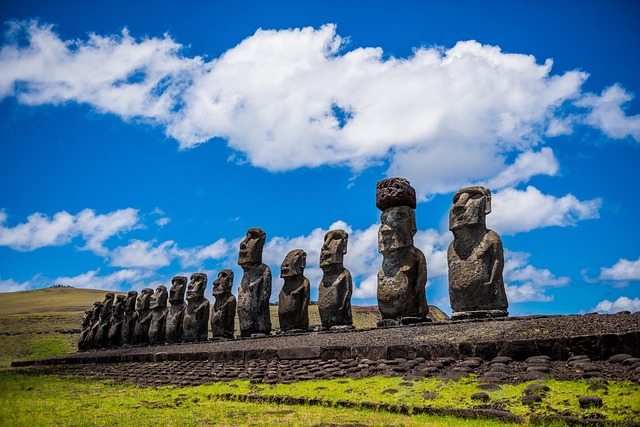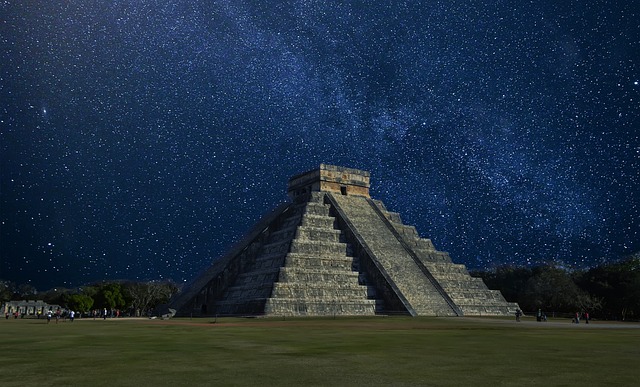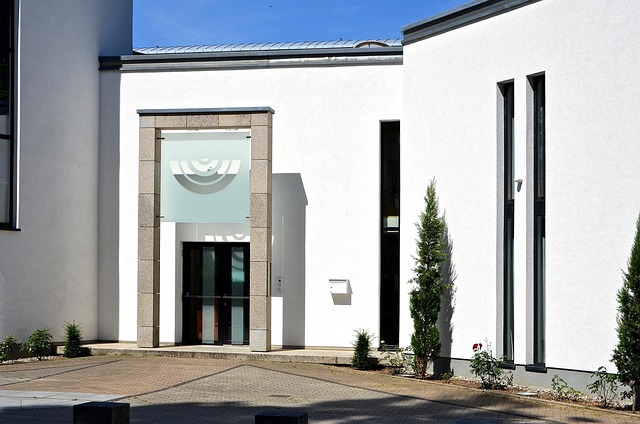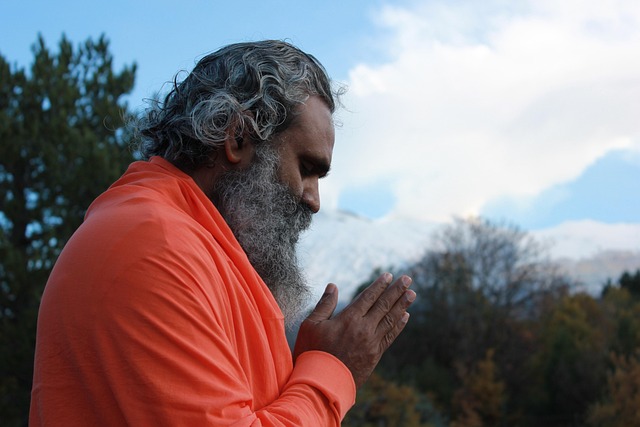
Rabbi Mordecai Kaplan
Introduction to Rabbi Mordecai Kaplan
Rabbi Mordecai Kaplan is a significant figure in Jewish history, known primarily for founding Reconstructionist Judaism, a movement that sought to modernize Jewish practice and thought. Born on June 11, 1881, in Sventiany, then part of the Russian Empire (now Lithuania), Kaplan's journey began in a traditional Jewish household. His father, Rabbi Israel Kaplan, was a prominent figure in the Jewish community, serving as a dayan in New York City after immigrating in 1888.
Early Life and Education
Kaplan's upbringing was steeped in Jewish tradition, yet he was exposed to a variety of ideas that would shape his future work. He attended the Jewish Theological Seminary, where he was influenced by various intellectual currents of the time. His education prepared him for a rabbinical career, but it also instilled in him a desire to engage with contemporary society and adapt Jewish teachings to modern life.
The Birth of Reconstructionist Judaism
In the early 20th century, Kaplan began to develop his ideas about Judaism, which diverged from traditional beliefs. He believed that Judaism should be seen as a progressively evolving civilization rather than a static religion. This perspective led him to establish Reconstructionist Judaism in the 1920s. Kaplan's approach emphasized community, culture, and the importance of adapting religious practices to fit modern life.
Key Contributions
Kaplan's contributions to Jewish thought and practice are numerous:
- Prayer Book Revision: He created a new prayer book that reflected his beliefs, emphasizing the importance of personal connection to the divine.
- Jewish Education: Kaplan advocated for a more inclusive and comprehensive approach to Jewish education, focusing on cultural and historical aspects.
- Community Engagement: He encouraged Jewish communities to engage actively with the wider society, promoting social justice and ethical living.
- Literary Works: Kaplan authored several influential books, including "Judaism as a Civilization," which laid the groundwork for his ideas.
Controversies and Challenges
Despite his significant contributions, Kaplan faced considerable opposition from more traditional segments of the Jewish community. In 1945, the Union of Orthodox Rabbis formally excommunicated him, labeling his ideas as heretical. This response highlights the tension between traditional and modern interpretations of Judaism during his time. Kaplan's work, however, has endured and continues to influence contemporary Jewish thought.
Legacy
Rabbi Mordecai Kaplan's legacy is profound. His vision of a dynamic and evolving Judaism has inspired countless individuals and communities. Reconstructionist Judaism has grown into a vibrant movement that emphasizes inclusivity and adaptability. Kaplan's ideas encourage Jews to engage with their heritage while also embracing modernity.
Conclusion
Rabbi Mordecai Kaplan's life and work reflect a commitment to both tradition and innovation. His contributions to Jewish thought continue to resonate today, reminding us of the importance of adapting our beliefs and practices to meet the needs of contemporary life. Whether one identifies with his movement or not, Kaplan's influence on Jewish identity and community is undeniable. ✡️

















 Discovering Rapa Nui: A Glimpse into Easter Island's Unique Culture
Discovering Rapa Nui: A Glimpse into Easter Island's Unique Culture 
 Health
Health  Fitness
Fitness  Lifestyle
Lifestyle  Tech
Tech  Travel
Travel  Food
Food  Education
Education  Parenting
Parenting  Career & Work
Career & Work  Hobbies
Hobbies  Wellness
Wellness  Beauty
Beauty  Cars
Cars  Art
Art  Science
Science  Culture
Culture  Books
Books  Music
Music  Movies
Movies  Gaming
Gaming  Sports
Sports  Nature
Nature  Home & Garden
Home & Garden  Business & Finance
Business & Finance  Relationships
Relationships  Pets
Pets  Shopping
Shopping  Mindset & Inspiration
Mindset & Inspiration  Environment
Environment  Gadgets
Gadgets  Politics
Politics 